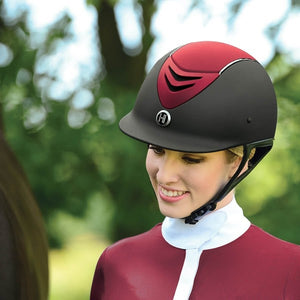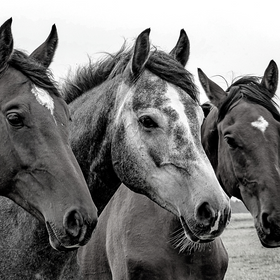
Choosing the Right Dog Crate for Your Dog
Crate training is one of the best things you can teach your puppy. In addition to giving them their private space, crate training is a helpful tool during puppyhood. Even if you are not planning on crating your dog as an adult, there are still situations when they may need to be kenneled, such as the vet. It will help your dog in these situations if they are already acclimated to a crate. However, there are a lot of crates to choose from. Here are a few things to consider as you start crate shopping.
Crate Considerations
Here are a few questions you’ll need to answer to select the right crate:
- How big will your dog be: your dog should be able to turn around comfortably in the crate and have plenty of room to stand. Avoid getting too large a crate for a puppy because it can inhibit potty training. You may need to purchase a few different sizes as your puppy grows.
Types of Dog Crates
Many different types of crates are available, including canvas, travel crates, collapsible metal and plastic, and furniture-style crates. We’ve created a quick list of pros and cons for each to help you pick the perfect crate for your dog.
Wire Crates
These sturdy metal crates allow dogs to get plenty of airflow and view their environment. Most wire crates are collapsible, making them convenient for occasional road trips. These are not airline-certified. They can be heavy as you get into the larger sizes, so they are generally not recommended for frequent travel. Some wire crates come with a movable divider, which allows you to adjust the size as your puppy grows.
Recommended for: Occasional road trips, dogs that want to see their environment, growing puppies
Not Recommended for: The escape artist. Because wire crates are collapsible, some dogs can figure out how to get out of the crate or even bend the bars.
Dog Crate Furniture
These crates are designed to blend into your home decor, and some serve a dual purpose, like an end table or coffee table. Most of these pieces are a combination of wood and a metal crate. These are not ideal for traveling as they are quite heavy. While these do come in large breed sizes, the furniture element makes the crate very large.
Recommended for: Smaller breeds, dogs that like to be in the main living area.
Not Recommended for: Large breeds due to size of the furniture, chewers
Canvas Crates
These are a lighter option compared to metal crates. They easily fold away and pop out when needed. Most canvas crates have a mesh side, front, or top to increase airflow. Due to the light weight of the material, these are not ideal for long durations or for dogs that are active in their crates.
Recommended for: Quick trips, small breeds
Not recommended for: Active dogs, escape artists, large breeds
Plastic Crates
Plastic crates are airline-certified, so if you are planning to fly your dog in the cargo area of a plane, this crate is required. They are highly recommended for escape artists and chewers as most plastic is heavy-duty and will hold up. Airflow can be limited in some of the plastic crates, so be aware of the temperature when crating your dog, especially during car trips.
Recommended for: Active dogs, dogs traveling in airplanes, escape artists
Not Recommended for: These crates are not easily collapsible, so not recommended for frequent car trips.
If you are still trying to decide on the right crate for your dog, contact your breeder or vet. They can provide recommendations based on your dog’s temperament, breed, size, and age.
Happy crate shopping!





